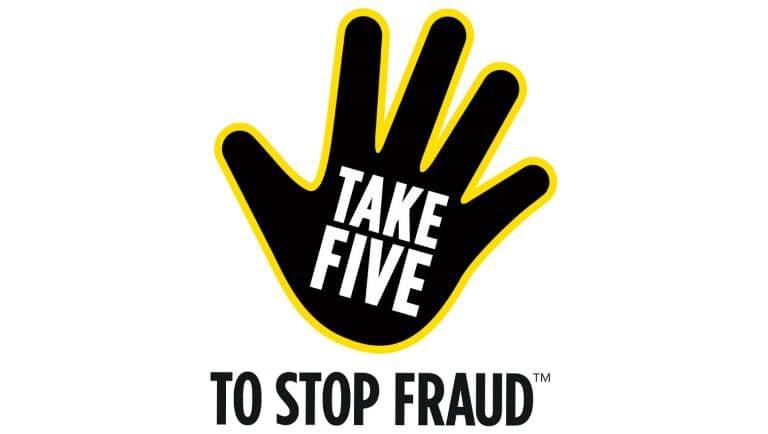
Cash machine fraud
Fraudsters continue to find new ways to pull off this con, but the outcome is still the same – distracted at a cash machine, you lose sight of your card and your bank account is emptied before you realise.
How it could happen to you
- You insert your card into a cash machine and enter your PIN. In the queue behind, a fraudster is looking over your shoulder
- A ‘passer-by’ distracts you by pointing to a dropped wallet or money on the ground and asking if it’s yours
- As you look away from the screen, an accomplice leans in to swipe your cash or card. If they take your card, they can use it with the PIN they’ve seen to take money from your account elsewhere
- In another scenario, your card won’t eject from the cash machine a ‘passer-by’ offers to help. They suggest you try your PIN again – which you do – and they watch to see which numbers you enter
- When your card still won’t come out, they suggest you go into the branch to ask for help. In your absence, they then eject your card and use it elsewhere
- A fraudster distracts you at a cash machine. They steal your card and replace it with a similar one so you don’t realise yours is gone
How to protect yourself
- Always look closely at the slot on a cash machine. If it looks like it’s been tampered with, don’t use it and let the bank know
- You never know who’s behind you at a cash machine, so make sure you always shield the keypad when entering your PIN
- Never let anyone distract you at a cash machine. If you hear an ‘excuse me’ or ‘is this yours?’, stay focused and only respond when you’re finished
- If your card won’t eject from the cash machine, call your bank or card issuers helpline while you’re still standing by the machine. If you have the Barclays app, use it to temporarily freeze your card. Don’t walk off, accept help from a stranger or go into the bank to talk to the staff – this can allow a fraudster to move in and steal your card
- If you’re ever distracted at a cash machine, check the details on your card to make sure nobody has switched it with a similar one

Remote access fraud
Someone calls claiming to be from an organisation you trust. They say there's a problem with your computer or bank account and offer to take remote control of your computer to help fix it.

Card fraud
A fraudster gets access to your personal information or steals your credit or debit card details. This lets them spend with your card.

Phishing, smishing and vishing
You get an email, text message or call claiming to be from a company or organisation you trust, like your bank or the police.

Identity fraud
Fraudsters steal personal information about you to impersonate you. They then take out loans and credit cards in your name, or withdraw cash from your bank account.

Mobile malware
Criminals sneak harmful software onto your mobile device. They hide it in apps and updates so you install it without realising. Once installed, the software can steal your personal details and passwords, then log in to your apps.

Return to fraud and scams homepage
Have you educated yourself enough on the different types of fraud? Head back to the homepage.
You may also like…

Protect yourself from scams
Learn about the different types of scam
Scammers get more sophisticated every day, so it’s important to be alert. We’ve put together some examples of the most common scams, to help keep you protected.

Think you’ve been a victim?
How to report fraud or a scam
Find out what to do if you’re worried about a card payment, how to report fraud and scams and what happens after you tell us, plus get tips on how to help protect yourself.

Take Five to stop fraud
National awareness campaign
Take Five is led by UK Finance and backed by the Government and other organisations. If you receive a phone call, text or email you think might be fake, it urges you to stop – take five – and challenge what you’re told.

Make money work for you
Explore the ways we can help you start a new relationship with money, whatever your age.


